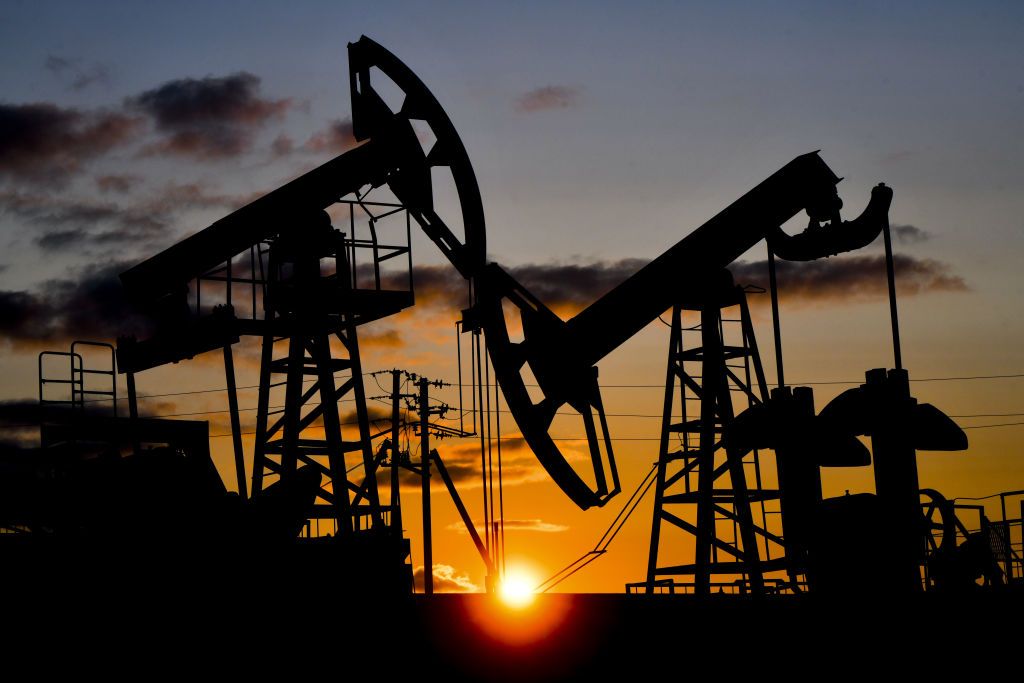EU makes progress in shift away from Russian energy

The European Union is largely on track to break its dependence on Russian fossil fuels by 2030, according to a European Commission report published on Oct. 24.
The EU has reduced coal imports from Russia by 90%, but more importantly, Russian gas imports have dropped by almost 75% from 2021 to 2023.
After Russia weaponized Europe's dependency on energy imports during the winter of 2022-2023, the EU has put significant effort into preparing for the upcoming winter.
Almost 99% of gas storage facilities are full, providing breathing room against possible supply shocks, price hikes, or renewed attempts by Russia to weaponize their supply.
The EU has also made progress towards its goal of transitioning to renewable energy by 2030- in 2022, 39% of electricity came from renewable sources.
The "worst effects of the energy crisis may now be behind us," the report said, but there is "no room for complacency."
There could still be unexpectedly high price increases, and the pace of transition must be sped up if the EU is to reach its 2030 goals.
In March 2022, the European Commission released the 'REPowerEU' plan to become completely independent of Russian energy by 2030. "We simply cannot rely on a supplier who explicitly threatens us," European Commission President Ursula von der Leyen said.
Russia's full-scale invasion of Ukraine provided the EU with a much-needed impetus to shift towards renewable energy, the plan said, and an opportunity to finally break from Russia's toxic weaponization of its energy supply to Europe.












